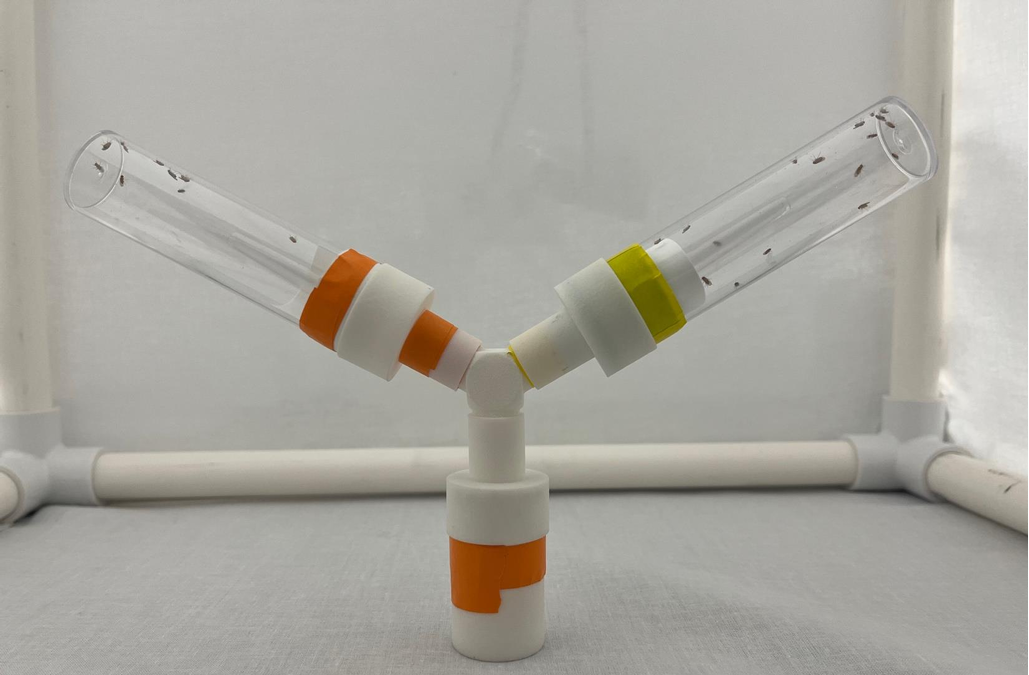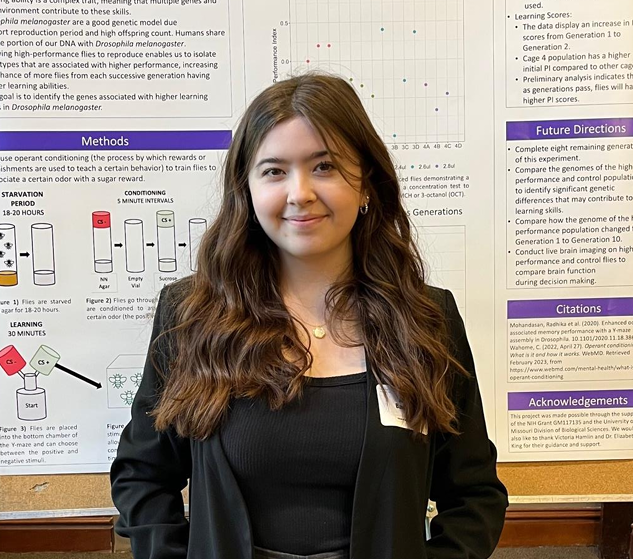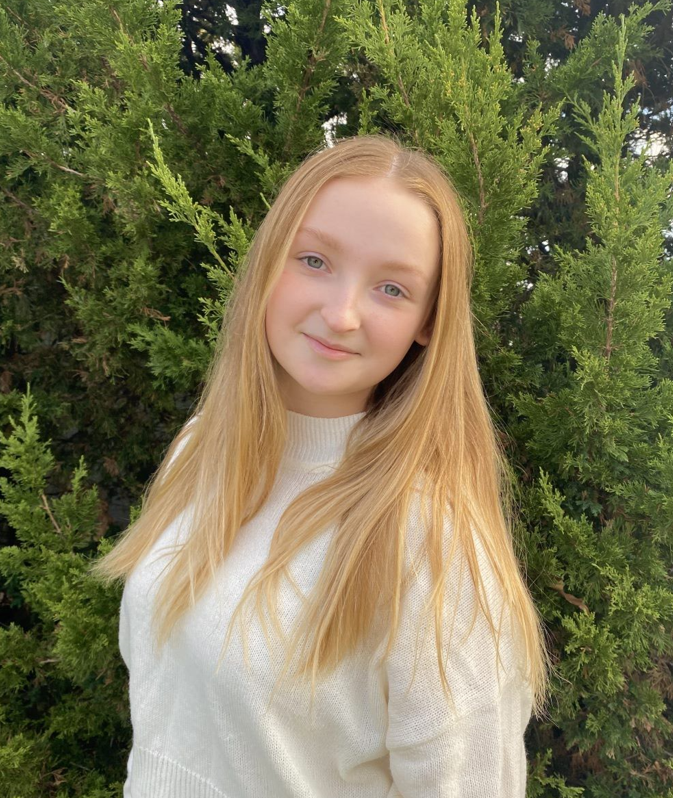Identifying the genetic basis of learning skills in Drosophila melanogaster through direction selection.
DOI:
https://doi.org/10.32469/aj.v21.13Abstract
Learning skills are necessary for organisms to adapt to their changing environment. For example, if a population migrates, those organisms may use olfactory stimuli to learn where food or threats are in their new environment. Studies have shown that these skills are influenced in part by one’s genetic makeup. Learning ability is a complex trait, meaning that multiple genes and the environment contribute to these skills. In our investigation using Drosophila melanogaster, the common fruit fly, we are aiming to identify which genetic variants are associated with higher performance on learning tasks.
Operant conditioning is the process by which organisms learn to predict an outcome from a certain stimulus. We utilize operant conditioning to train flies to associate a certain odor with a sugar reward. We then use Y-mazes to present them with a choice between the odor we conditioned them to (the positive stimulus) and an odor that is not associated with a reward (the negative stimulus). After the test, we collect the flies that correctly chose the positive stimulus and allow them to mate and reproduce, creating our high-performance population. For our experiment, we will be conducting ten generations of directional selection, which allows us to isolate genotypes that are associated with higher performance on olfactory learning tasks and increasing the chance of more flies from each successive generation making the correct choice. In this poster, we will be discussing the preliminary data from the first three generations of selection, where we expect a relatively minor increase in performance, however, we expect a larger increase in performance by the tenth generation. At the conclusion of the experiment, we will compare the genomes of the high-performance and control populations to identify significant genetic differences that may contribute to learning skills.




